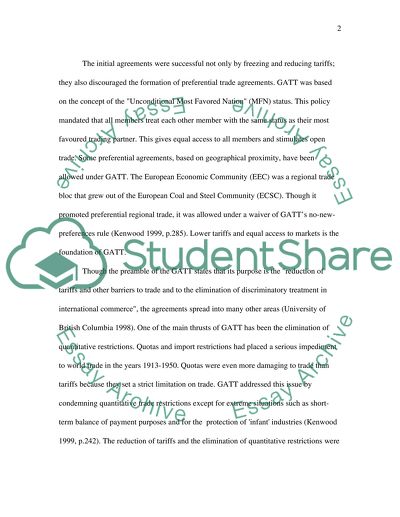Cite this document
(“Examine the role played by the GATT and the World Trade Organisation Essay”, n.d.)
Retrieved from https://studentshare.org/miscellaneous/1508874-examine-the-role-played-by-the-gatt-and-the-world-trade-organisation-wto-in-regulating-international-trade-what-were-the-difficult-issues-it-faced-in-the-doh
Retrieved from https://studentshare.org/miscellaneous/1508874-examine-the-role-played-by-the-gatt-and-the-world-trade-organisation-wto-in-regulating-international-trade-what-were-the-difficult-issues-it-faced-in-the-doh
(Examine the Role Played by the GATT and the World Trade Organisation Essay)
https://studentshare.org/miscellaneous/1508874-examine-the-role-played-by-the-gatt-and-the-world-trade-organisation-wto-in-regulating-international-trade-what-were-the-difficult-issues-it-faced-in-the-doh.
https://studentshare.org/miscellaneous/1508874-examine-the-role-played-by-the-gatt-and-the-world-trade-organisation-wto-in-regulating-international-trade-what-were-the-difficult-issues-it-faced-in-the-doh.
“Examine the Role Played by the GATT and the World Trade Organisation Essay”, n.d. https://studentshare.org/miscellaneous/1508874-examine-the-role-played-by-the-gatt-and-the-world-trade-organisation-wto-in-regulating-international-trade-what-were-the-difficult-issues-it-faced-in-the-doh.


